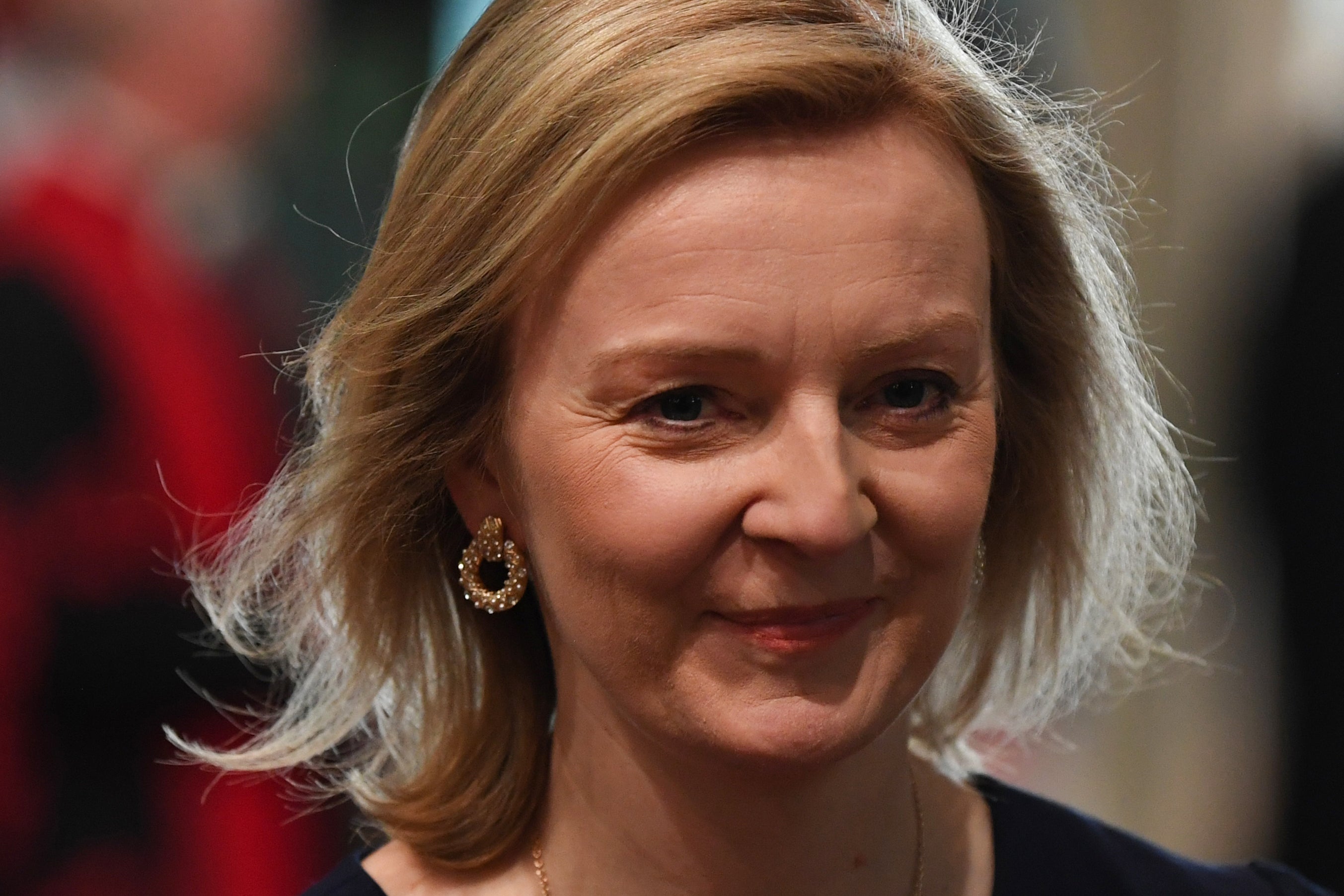Nazanin Zaghari-Racliffe’s release could set precedent for political hostage-taking, MPs warn
Hilary Benn called on Liz Truss to explain what steps she was taking to make it “difficult” for “governments to engage in hostage-taking”.

Your support helps us to tell the story
From reproductive rights to climate change to Big Tech, The Independent is on the ground when the story is developing. Whether it's investigating the financials of Elon Musk's pro-Trump PAC or producing our latest documentary, 'The A Word', which shines a light on the American women fighting for reproductive rights, we know how important it is to parse out the facts from the messaging.
At such a critical moment in US history, we need reporters on the ground. Your donation allows us to keep sending journalists to speak to both sides of the story.
The Independent is trusted by Americans across the entire political spectrum. And unlike many other quality news outlets, we choose not to lock Americans out of our reporting and analysis with paywalls. We believe quality journalism should be available to everyone, paid for by those who can afford it.
Your support makes all the difference.The UK’s decision to pay a historic debt to Iran “in parallel” with the release of Nazanin Zaghari-Ratcliffe could set a precedent of politically motivated hostage-taking, ministers have been warned.
As MPs welcomed Mrs Zaghari-Ratcliffe’s release from detention, Labour former minister Hilary Benn called on the Foreign Secretary Liz Truss to explain what steps she was taking to make it “difficult” for “governments to engage in hostage-taking for political purposes”.
Meanwhile, Conservative chair of the Foreign Affairs Committee Tom Tugendhat warned that on a previous occasion when Iran released American hostages, “the Iranian government took another six American dual nationals hostage and merely started the whole process again”.
Can she assure us that that will not happen this time, that British citizens will be very carefully warned of the dangers they face in visiting Iran
Labour former minister Mr Benn told the Commons: “The Foreign Secretary said that the debt was paid in parallel, but we all know that for the government of Iran it was always sequential.
“Given what she said about the work she is doing with other G7 members including Canada to try and deal with this, what practical steps is she hoping to secure from this to ensure that in future it is much, much more difficult for governments to engage in hostage-taking for political purposes?”
Mr Tugendhat meanwhile sought assurances from the Government that “none of this payment will end up in weapons and ammunition to kill Syrians”.
He said: “May I ask whether or not the Government has been looking at some of the implications that happened when the last time a ransom payment was paid to the Iranian government? And that ransom payment was paid by the US government a number of years ago.
“About six months after they were paid, the Iranian government took another six American dual nationals hostage and merely started the whole process again. Sadly, furthermore, the money that was paid was then spent on murdering hundreds of thousands of Sunni Muslims in Syria.
“Can she assure us that that will not happen this time, that British citizens will be very carefully warned of the dangers they face in visiting Iran, and that none of this payment will end up in weapons and ammunition to kill Syrians?”
Foreign Secretary Ms Truss said: “We do need to change the practice of countries detaining other countries’ nationals unfairly and that is precisely what we are working on with our Canadian counterparts and others, but we need to act in concert to change the system and change the reactions that we give overall.
“I can’t say more at this stage but I hope to be able to say more soon.”
Ms Truss had earlier told DUP MP Sammy Wilson (East Antrim) that Mrs Zaghari-Racliffe’s imprisonment and the outstanding £400 million debt owed to the regime in Tehran were “longstanding issues with Iran”, suggesting that they had “been treated in parallel” rather than being directly linked.
The Foreign Secretary added that the debt payment, owed to Iran after the UK cancelled an order of Chieftain tanks following the revolution of 1979, would be “spent on humanitarian support”.